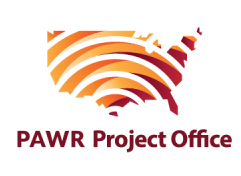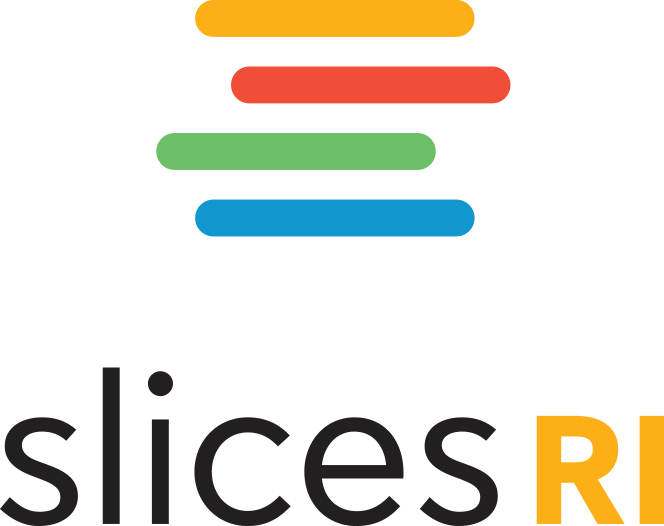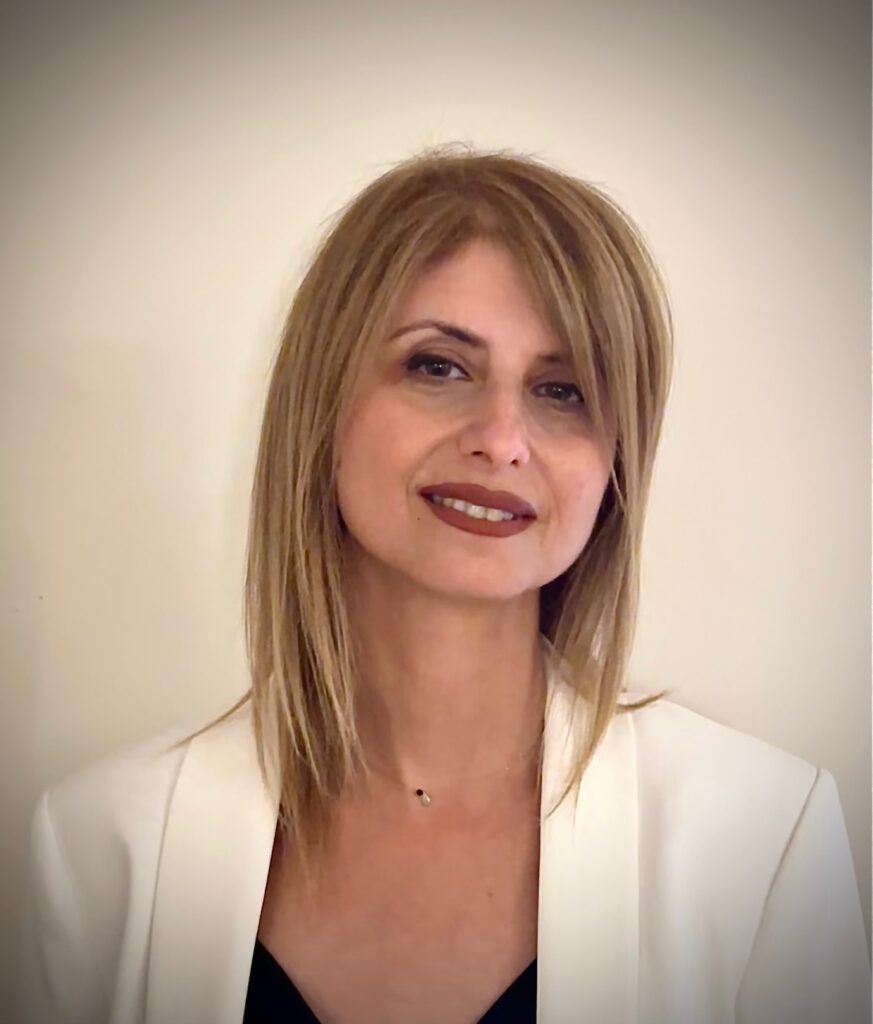
Anna Tzanakaki
speaker
Anna Tzanakaki is an Associate Professor at the Physics Department of the National and Kapodistrian University of Athens, Greece and the leader of the “Systems and Networks” Research Group. Her research interests include network architectures and design that over the past 10 years have focused on 5G and 6G infrastructures with emphasis on optical transport networks. In this context, she has actively participated in the EU 5G Public Private Partnership (PPP) and the 6G Infrastructure Association (IA), leading architecture design activities in a number of EU funded research projects. She has also served as the technical coordinator of various EU projects including 5G-PICTURE, 5G-VICTORI and 5G-TACTIC. She is also a co-author of over 220 publications, co-inventor of several granted and published patents and co-founder of ilotron ltd, a high-technology spin-off from the University of Essex, UK.
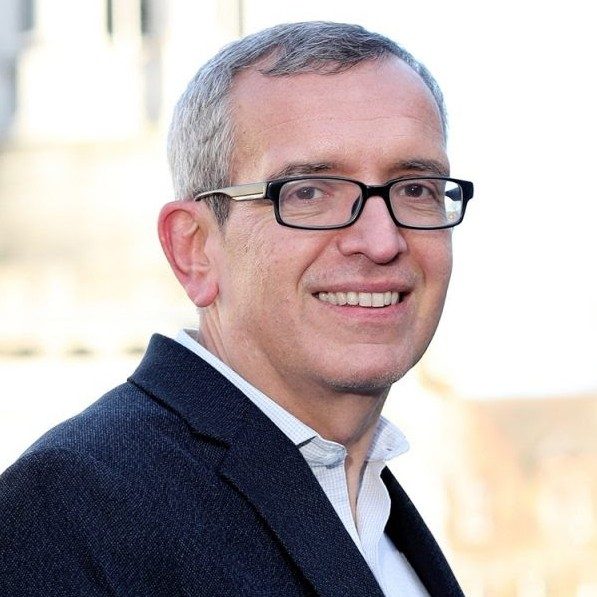
Luiz da Silva
speaker
I am currently the Executive Director of the Commonwealth Cyber Initiative (CCI), and the Bradley Professor of Cybersecurity in the Bradley Department of Electrical and Computer Engineering at Virginia Tech. I was previously the Professor of Telecommunications (personal chair) at Trinity College Dublin. Until March 2020, I served as the Director of CONNECT, the telecommunications research centre funded by the Science Foundation Ireland. My own research focuses on distributed and adaptive resource management in wireless networks, and in particular cognitive radio networks and the application of game theory to wireless networks.
I am an IEEE Communications Society Distinguished Lecturer (2015-2018). I am a Fellow of Trinity College Dublin, and a Fellow of the IEEE, for contributions to cognitive networking and to resource management in wireless networks.
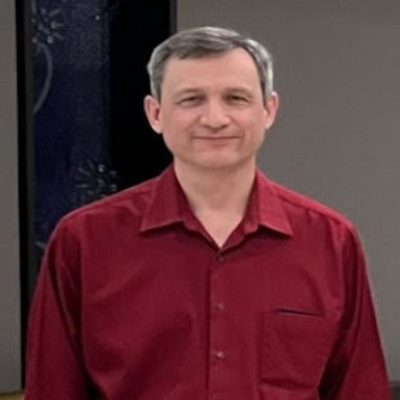
Vadim Sheinin
speaker
Vadim Sheinin has a background in digital signal processing, natural language processing and AI. He worked on various compression algorithms and systems to be used in telephony networks including Voice-over-IP, as well as image and video processing implemented on architectures with high parallelism. Vadim worked on natural language to code, including generating SQL, ansible, and bash using large language models. Vadim’s recent work explores foundation models for 5G radio access network optimization.
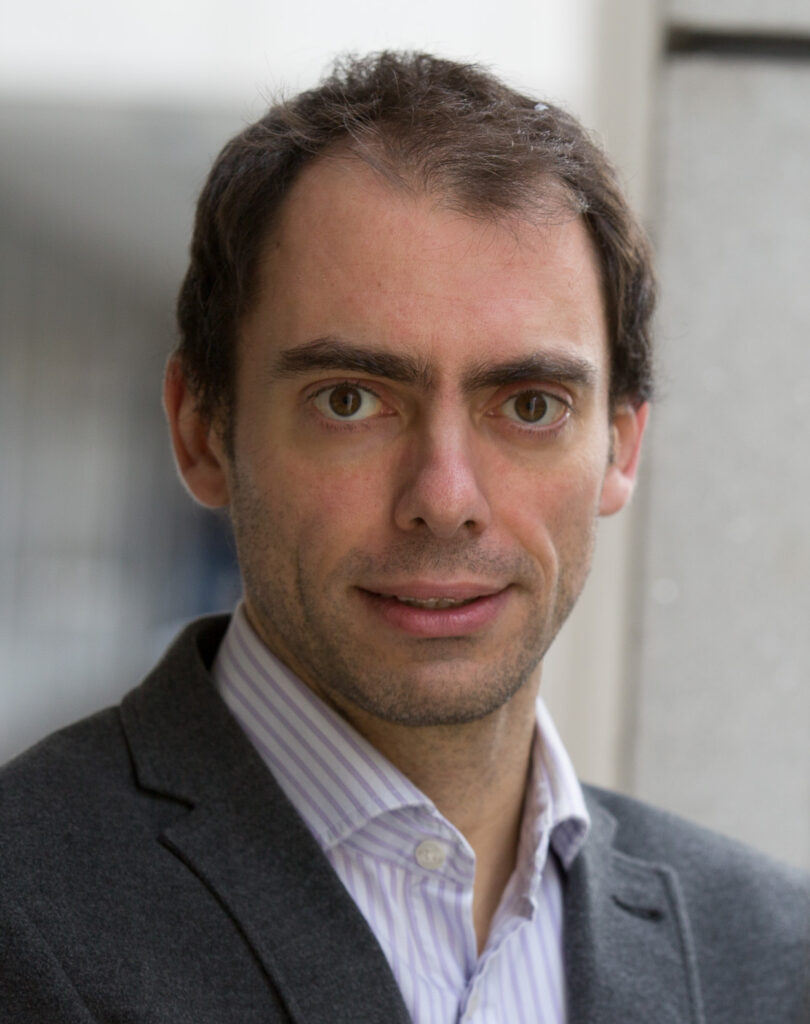
Marco Ruffini
organizer
Marco Ruffini received the M.Eng. degree in telecommunications from the Polytechnic University of Marche, Italy, in 2002, and the Ph.D. degree Trinity College Dublin (TCD) in 2007, where he joined Trinity College Dublin in 2005, after working as a Research Scientist with Philips, Germany. He is Associate Professor and Fellow of Trinity College and he is Principal Investigator of both the CONNECT Telecommunications Research Centre, and the IPIC Photonics Integration Centre. He is currently involved in several Science Foundation Ireland and H2020 projects, and leads the Optical Network Architecture Group, TCD. He has authored over 140 international publications, over ten patents and contributed to standards at the broadband forum. His main research is in the area of 5G optical networks, where he carries out pioneering work on the convergence of fixed-mobile and access-metro networks, and on the virtualization of next generation networks, and has been invited to share his vision through several keynote and talks at major international conferences across the world.
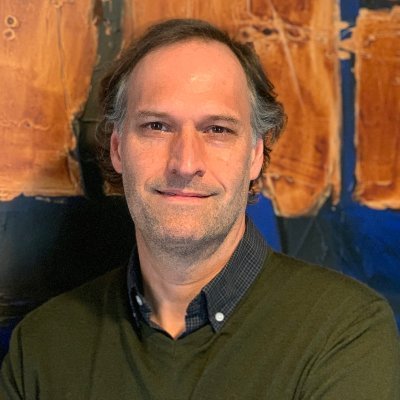
Dan Kilper
organizer
Professor Kilper received his PhD in physics from the University of Michigan in 1996. From 2000 to 2013, he was a member of the technical staff at Bell Labs. He is a senior member of IEEE, a topical area editor for the IEEE Transactions on Green Communications and Networking (TGCN)and chairs the optics working group in the IEEE International Network Generations Roadmap. He was recognized as a 2019 NIST Communications Technology Lab Innovator and holds eleven issued patents and authored six book chapters and more than one hundred sixty-seven peer-reviewed publications. His research is aimed at solving fundamental and real-world problems in communication networks in order to create a faster, more affordable, and energy efficient Internet, addressing interdisciplinary challenges for smart cities, sustainability, and digital equity. Professor Kilper comes to CONNECT from the University of Arizona where he held a research professorship in the College of Optical Sciences, and a joint appointment in Electrical and Computer Engineering. He also holds an adjunct faculty position in the Data Science Institute at Columbia University, where he is a co-PI on the COSMOS advanced wireless testbed. He was lead PI on the founding project of SFI’s US-Ireland Research and Development Partnership and has served in leadership positions in multiple international university-industry research centres including participating in CONNECT’s precursor, CTVR, while he was at Bell Labs.
